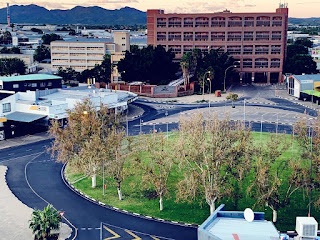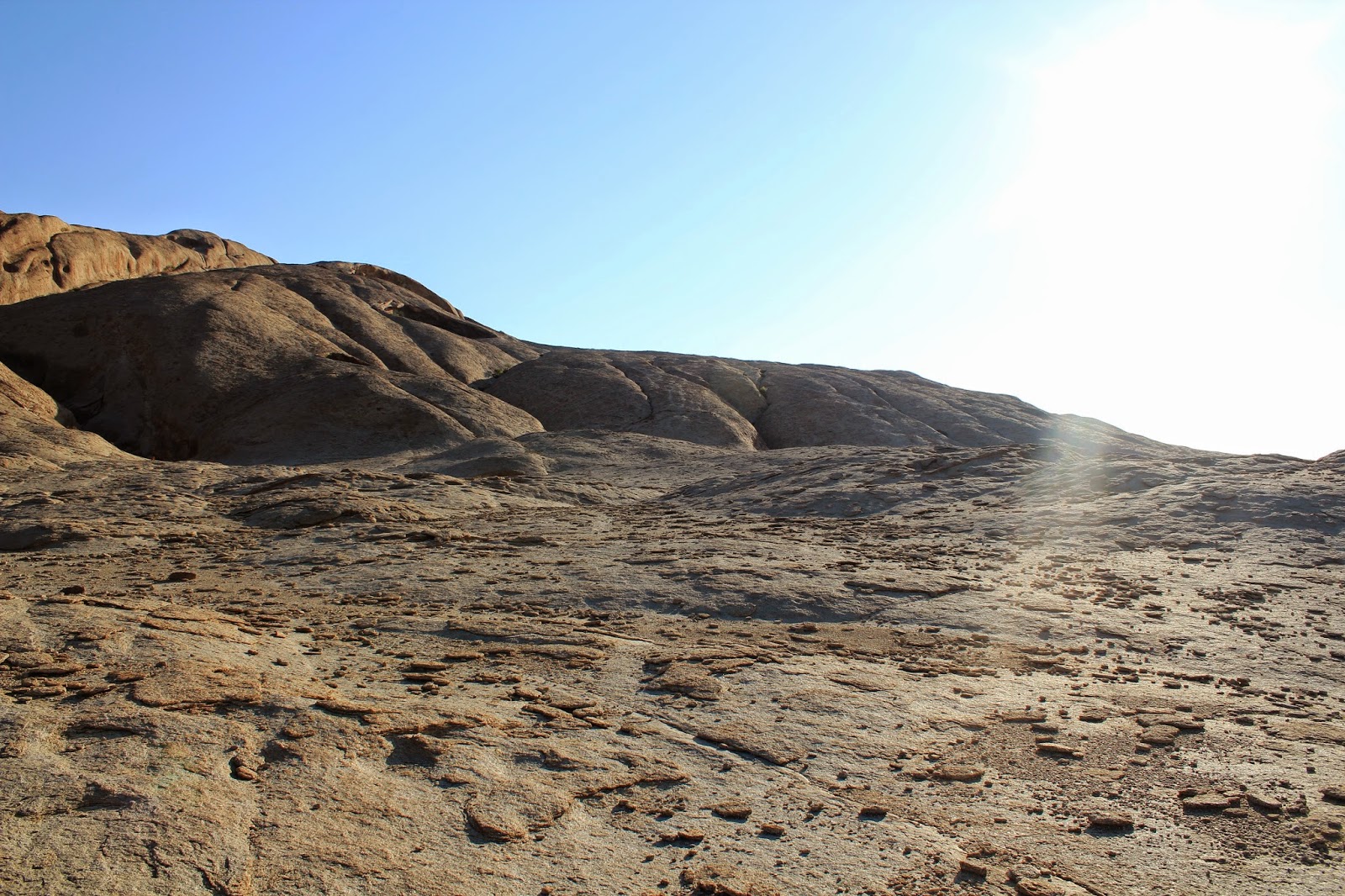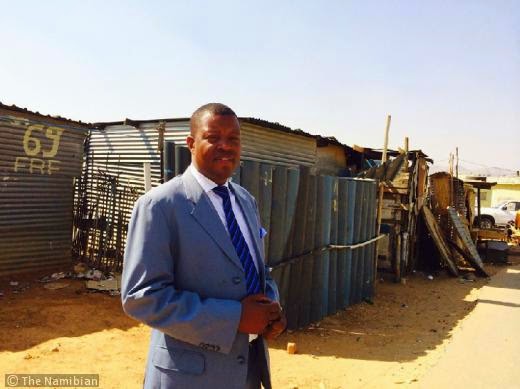Some are more equal than others
There is nothing
like a global pandemic to remind you how fucked up your country is. Covid-19 is
not only testing the humanity of the world but has exposed the inequality in
many African countries, Namibia is no
exception. According to the Genie Index
figures compiled by the World Bank in 2019, Namibia
is the fourth most unequal country in Africa
and the world, we would be number 3 if South
Africa wasn’t that neighbor that wants to beat you at everything. Southern
Africa is the most unequal region in Africa in terms of wealth distribution, an
African Development Bank study in
2012 revealed that 7 out of the 10 most unequal African countries were in
Southern Africa. Which is kind of silly considering that Southern Africa has
two of the top ten diamond producers in the world, and the fourth largest
producer of Uranium in the world.
So, it’s no
surprise that one of the things that is most highlighted by the outbreak of
Covid-19 in Namibia is the social and economic inequality among its citizens.
Don’t take my word for it, let’s examine some photographic evidence.
Exhibit A
This photograph,
shows the city center in Namibia’s capital Windhoek
during the first day of the lockdown of two of Namibia’s biggest economic
hubs (Windhoek, Walvis-Bay and Swakopmund)
and the two most populous regions (Khomas
and Erongo) to combat the spread of Covid-19. The streets are empty, like a
scene from a post apocalypse movie, not a human in sight. The rich and the pseudo
middle class are at home in their suburban houses and flats, with WiFi and TV
to keep them busy during the lockdown. Not to mention fridges and pantries
stocked enough to last through an actual apocalypse.
Exhibit B (i) and Exhibit B (ii)
This photograph
shows a City of Windhoek office in the township of Katutura (Same city as
Exhibit A), the people outside are queuing for water tokens, yes, WATER! In the
poorest informal settlements, households don’t have taps, there are communal
water taps that require cards/tokens for you to access water. So these people
were defying lockdown guidelines to access water, no social distancing
protocols being observed at all, survival knows no protocols.
Exhibit C
This photograph
shows a wholesale store in the township, people are panic buying basic necessities
during the lockdown (Food), logic would dictate that these would be bought
before the lock down right? Here is the problem, most of the poorest members of
Namibian society get paid at the end of the month, so most received their
salaries during the first day of the lockdown and some haven’t yet received
salaries. Again, no social distancing protocols being observed at all, because survival
knows no protocols.
Things need to change
All this reminds
me of a quote from George Orwell’s novel Animal Farm, “All animals are equal,
but some are more equal than others.” This is what is wrong with Namibia, the
fact that 30 years after independence a country with 2.5 million people blessed
with great natural resources has created a society where some of its people
cannot access basic things that they were getting for free before the country
was independent. Why would people risk being
infected by Covid-19? Well, there is a saying of the Aawambo people of Northern
Namibia, “Eso noluhepo shimwe ashike.” Death
and Poverty are basically the same thing. So, for the poorest in Namibian society
there is nothing in their minds that Covid-19 won’t do that poverty hasn’t
already. This is the biggest indication of what needs to change post Covid-19,
there needs to be a change towards using Namibia’s resources for the benefit of
her people. Capitalism may be the most progressive economic system invented by
man, but also the most dehumanizing and exclusionary. In Africa this has given
us rich countries on paper, that are in reality inhabited by poor people.






Comments
Post a Comment